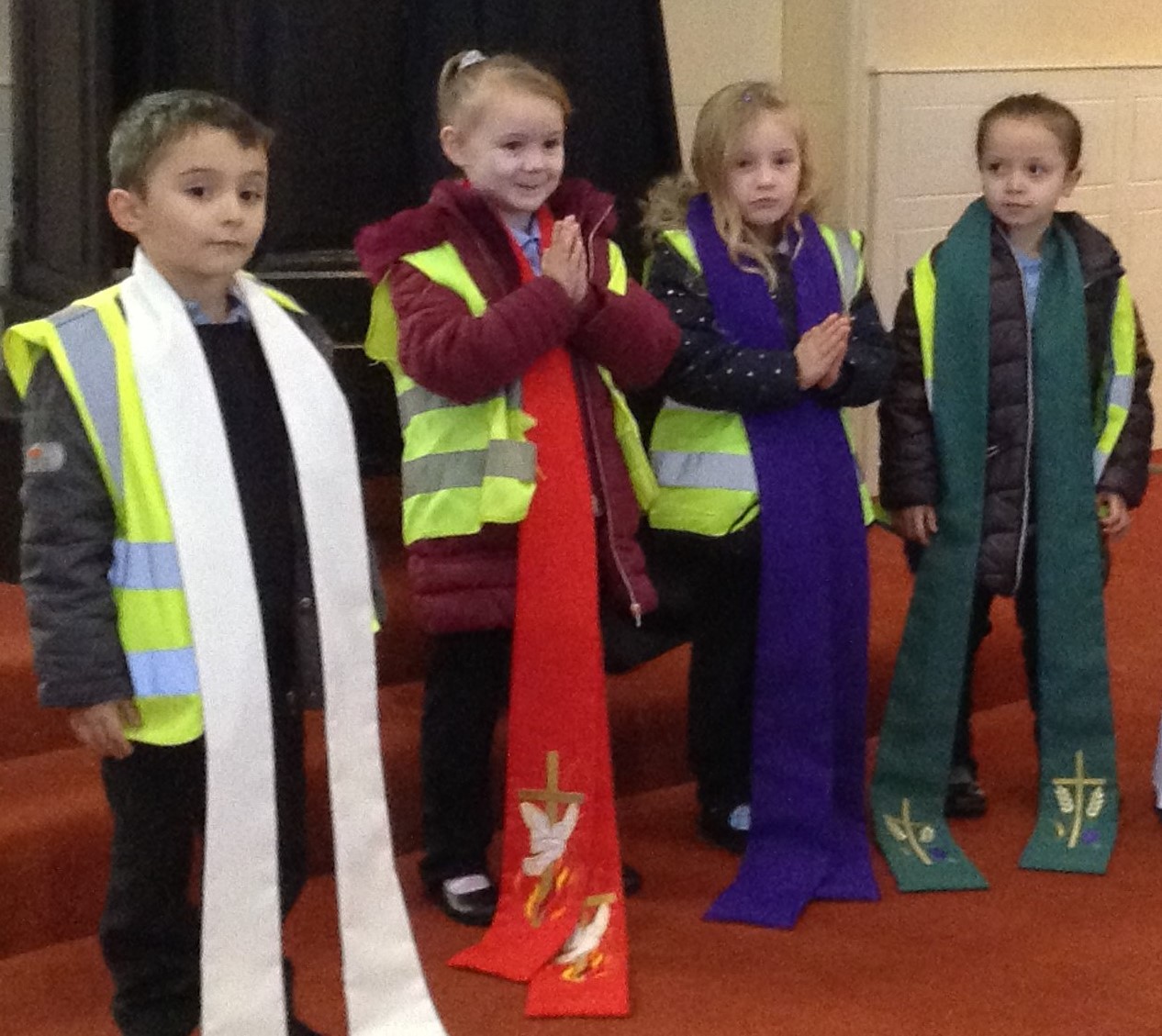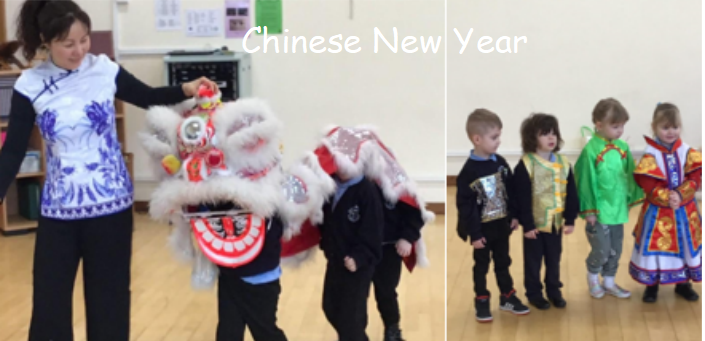Religious Education
At William Reynolds Primary school, we believe that it is important for all our pupils to learn from and about religion, so that they can understand the world around them. The aim of Religious Education in our school is to help children to acquire and develop knowledge and understanding of Christianity and the other principal religions represented in Great Britain; to appreciate the way that religious beliefs shape life and behaviour, develop the ability to make reasoned and informed judgements about religious and moral issues and enhance their spiritual, moral, social and cultural development.
The principle aims of Religious Education- from the Telford and Wrekin SACRE agreed syllabus- are:
- To stimulate interest and enjoyment in the education of Religious Education.
- To prepare pupils to be informed, respectful members of society who celebrate diversity and strive to understand others.
- To encourage students to develop knowledge of the beliefs and practices of religions and worldviews, to develop informed opinions and an awareness of the implications of religion and worldviews for the individual, the community, and the environment.
- To enable pupils to consider their own responses to questions about the meaning and purpose of life.
RE is taught in accordance with the approved Telford & Wrekin Syllabus for Religious Education (RE). Telford & Wrekin’s Agreed Syllabus recognises that religion, worldviews and ways of living are dynamic and real in the lives of individuals and communities across the local community, the nation and the world. The following religions have been selected for study:
- Christianity/Understanding Christianity
- Islam
- Judaism
- Hinduism
- Buddhism
- Sikhism
The Ofsted research review for Religious Education (May 2021), concluded by saying that RE is vital in preparing pupils to engage in a diverse and complex multi-religious and multi-secular society. Rudolf Lockhart (REC) states “as our society becomes multi-cultural and religious extremism dominates the news agenda, we need young people to be religiously literate.”
The curriculum has been specifically sequenced in a logical progression to ensure that new knowledge and skills build on what has been taught before: Early Years to Year 6. This enables our pupils to know more and remember more. End points and target points within objectives are identified for each year group through a whole school RE progression plan. The sequence develops pupils’ substantive concepts e.g different ways that people express religion and non-religion in their lives or knowledge about artefacts and texts. Disciplinary knowledge can be built through gaining perspective and giving due consideration to other viewpoints whilst acknowledging self.
All pupils access RE through lessons, assemblies, and global awareness days where they learn about the big six religions and the issues that affect the world today. Our school values (Challenge, Honesty, Ownership, Courage and Collaboration) as well as SMSC have strong links with the RE curriculum.
Every year group has a yearly Curriculum Map that outlines the key areas of Religious Education which will be taught throughout the year. This ensures that adequate amount of time and coverage is allocated to each key area.
Detailed Medium Term planning supports teachers to plan a sequence of progressive lessons and over time, giving the children time to master new substantive concepts. Within this document, key objectives and vocabulary are outlined with links to British Values. Progression documents, used to support the Medium-term plan, ensure that staff are delivering a consistent and challenging curriculum.
Within the lesson, teachers check pupils understanding effectively, addressing any misconceptions swiftly and conversations surrounding their viewpoints take place. The curriculum is designed and delivered in a way that allows pupils to know more, find out information and remember more.
The EYFS curriculum ensures that pupils know some similarities and differences between different religious and cultural communities in this country drawing on their experiences and what has been read in class. Stories such as Rama & Sita, The Nativity, The story of Nian and The story of Ramadan are shared as part of celebrations and festivals.
Multi-faith religious stories are planned for and shared throughout school. This ensures pupils gain a good coverage of concepts and key messages which they can apply to their own lives. As pupils progress, they will be able to use disciplinary methods to answer key questions and select appropriate resourcing. In upper KS2, pupils have the opportunity to make links with charities and other organisations such as Christian Aid & Islamic relief.
Educational visits to a variety of places of worship are planned throughout the year and links to the units of work taught. Religious visitors are welcomed into the school to share their knowledge and experience giving pupils a sense of belonging. For example Muddy Church takes place on a Sunday afternoon.
The RE curriculum provides opportunities to reflect on self (personal experience) and the community. Recent work with our School Council alongside local MP and local councillors looked at ways to voice their concerns about the local area. This shows that pupils are developing key questions using their substantive knowledge.
School assemblies take place daily. Each day follows a termly theme e.g. Inspirational People, School Values, Singing, British Values and religious festivals or remembrance days. Music is played upon entry to and from the hall for the pupils to reflect upon.
Through pupil voice they talk enthusiastically about their R.E. lessons, assemblies, and global awareness days.
The impact of our curriculum is that:
- Pupils make good, informed choices and have a sense of right & wrong
- They question using their substantive knowledge when making comments about the different content in the RE curriculum
- Pupils are respectful, tolerant and polite
- Pupils apply their religious understanding to their personal lives
- They are aware of the ever-changing climate and culture
- Pupils build accurate knowledge about the complexity and diversity of Global religion and non-religion.
Outcomes for our pupils are that they have a good understanding of world religions and have a strong sense of belonging in school and the wider community.




